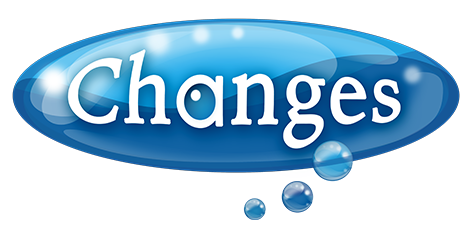What is Anxiety?
To discover more on ‘What is Anxiety?’ we have put together the following useful information to help you better understand the types of anxiety plus the way anxiety manifests into panic attacks, PTSD, phobias and more.

Anxiety – An unpleasant and inappropriate state of emotional arousal, (often accompanied by depression), with qualities of apprehension, dread, distress and uneasiness. It is useful to divide the symptoms of anxiety into 3 categories –
Mental Anxiety: this includes, excessive worry or excessive preoccupation that ‘something might go wrong’, disturbing thoughts, ideas and impulses, (as a consequence, you may feel excessively irritable and oversensitive). Mental anxiety can occur with little or no associated physical symptoms.

Physical anxiety: sometimes there are also physical symptoms. These include – palpitations, dry mouth, breathing difficulties, giddiness, sweating, nausea, diarrhoea, frequent urination, headache, fatigue, loss of appetite, restlessness, sexual disturbances, sleep problems, nervous tension, (resulting in headaches, tightness of the throat, stomach or chest etc), hyperventilation (resulting in tingling in the hands and legs, pins and needles, giddiness etc). Experiencing these sensations has the effect of making you even more anxious, thus a vicious circle can be set up.
Dissociative anxiety: i.e. where certain feelings or thoughts appear separated from you or your personality. Symptoms include – depersonalisation, (the feeling that your body is strange or you are somehow removed from it), derealisation, (the feeling that the world is weird or unreal), narrowing of the time-frame, (so that only now matters), mental confusion, (adding to disorganised and ineffective behaviour), your mind ‘playing tricks on you’, repeated waves of emotion, occasional sense of dread, emotional numbing, episodes of amnesia. ‘Mini-mood swings’ are common, i.e. where normal day-to-day changes in mood are exaggerated by your anxious state. Understandably, such symptoms are disconcerting and can make you feel that you are losing grip with reality.
Anxiety manifests itself in numerous ways, each with it’s own blend of the symptoms listed above.
General anxiety disorder – a constant and exaggerated state of worry and tension concerning everyday events and situations.
Panic attacks – sudden, overwhelming feelings of terror, (accompanied by frightening sensations and perceptions), often of a recurrent nature. Typically they are short-lived, but fear of another attack may persist.
Phobias – an intense irrational fear of a certain objects or situations. Anxiety is founded upon their avoidance.
Compulsions – usually in response to obsessive thoughts, (images or impulses often related to violence or contamination). These compulsions often take the form of repetitive, (ritualistic), behaviour. Attempts to resist these compulsions result in anxiety and tension, which is quickly relieved by their resumption.
Post-traumatic-stress-disorder (P.T.S.D.) – a condition resulting from trauma, e.g. accidents, rape, violence, psychological torture etc. Often there are recurrent images concerning – what happened to you, what you should have done, what might have happened to you etc. There is a pronounced increase in anxiety levels, generally with dissociative symptoms – emotional numbness, forgetfulness, feelings of unreality.
Hypochondria – an unwarranted chronic concern about physical health – there is a preoccupation with bodily functions and feelings, heart rate, sweating, bowel and bladder functions, minor problems, (spots, headaches, coughs etc.), are taken as signs of more serious diseases. Symptoms may be ‘developed’ after reading or hearing about a certain complaint. Assurances of good health are futile and ‘doctor shopping’ is common.
Psychosomatic illness – an emotional problem that plays an important part in causing, aggravating or maintaining physical problems, e.g. ulcers, asthma, certain skin diseases etc.
Effects if not addressed: your anxiety can escalate until you feel completely overwhelmed, this leads to avoidance of normal everyday situations, interference with your everyday functional or occupational living, placing considerable limits on your life, sometimes resulting in personal decline.
If addressed: whilst anxiety disorders can prove distressing and challenging, (to all concerned), in recent years there have been major advances in their management. This has included the provision of user-led, person centred and recovery services providing a range of approaches which can be adapted to meet individual needs. As a result, provided you are prepared to engage with these ‘services’, the prospect of your recovery from anxiety is extremely high i.e. there is every chance that you will continue to live a purposeful and fulfilling life.
What is: Depression | Recovery | Bipolar Disorder | Anxiety | Schizophrenia
